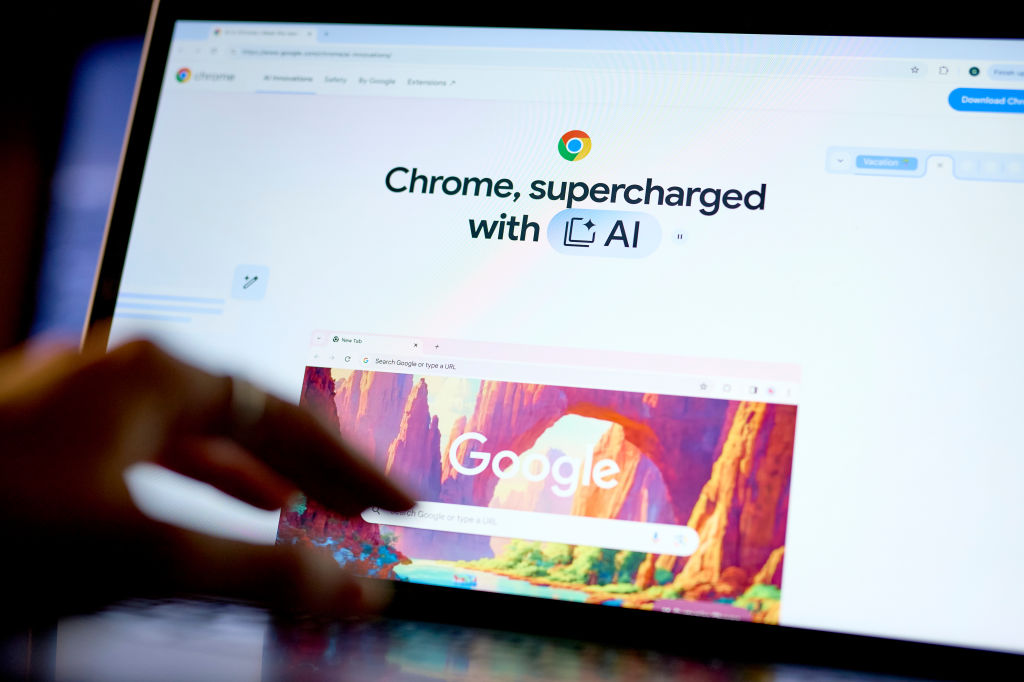OpenAI’s ChatGPT Atlas Sparks Debate Over the Future of AI‑Powered Browsers

Key Points
- OpenAI unveiled ChatGPT Atlas, an AI‑driven web browser.
- Tech podcast hosts discussed the browser's real‑world usefulness.
- Early testing showed modest efficiency improvements.
- Traditional browsing and search methods remain dominant for many users.
- Monetizing browsers has historically been difficult.
- OpenAI's deep funding may sustain the product longer than past attempts.
- Security risks arise when AI agents control web navigation.
- Widespread adoption hinges on clear value and reliable safety measures.
OpenAI introduced an AI‑driven web browser named ChatGPT Atlas, prompting industry insiders to weigh its potential impact. Participants on a recent tech podcast discussed whether AI browsers can deliver real value to everyday users, the challenges of monetizing such products, and the security considerations they raise. While some see only modest efficiency gains, others note that deep pockets may allow experimental services to persist longer than traditional browser rivals. The conversation highlighted both curiosity and skepticism about the role of AI agents in reshaping web navigation.
OpenAI’s New AI Browser
OpenAI launched an AI‑powered web browser called ChatGPT Atlas. The product integrates conversational AI directly into the browsing experience, allowing users to issue natural‑language commands that the system translates into actions on web pages.
Industry Reaction on the Equity Podcast
During a recent episode of the Equity podcast, host Anthony was joined by Max Zeff and Sean O’Kane to discuss the launch. The trio examined whether AI browsers represent a meaningful evolution for the average consumer or remain a niche experiment.
Max Zeff reported having tried ChatGPT Atlas and other AI‑enabled browsers. His assessment was that the technology offers a slight efficiency gain but often requires users to watch the AI navigate sites on their behalf, a workflow that may feel unnatural for many tasks.
Sean O’Kane expressed a more cautious stance, noting that his work relies heavily on traditional search and document retrieval methods. He highlighted the difficulty of building a sustainable business model around browsers, citing past attempts by other companies that failed to compete with established players.
Potential Benefits and Limitations
The discussion identified a few possible advantages of AI browsers, such as streamlined interactions for specific use cases and the ability to automate repetitive browsing tasks. However, participants also pointed out limitations, including the modest performance improvements observed and the lack of clear demand from typical users.
Monetization Challenges
Both Max and Sean referenced the historical struggle to generate revenue from browsers alone. They noted that while OpenAI’s substantial funding could allow the service to operate without immediate profit, long‑term sustainability may eventually require a viable monetization strategy.
Security Considerations
Security concerns were briefly mentioned, emphasizing that granting an AI agent control over web navigation introduces new risk vectors that users and developers must address.
Outlook
Overall, the conversation reflected a blend of curiosity and skepticism. While the technology is intriguing and may find niche applications, broader adoption will likely depend on demonstrable value, reliable security, and a clear path to profitability.